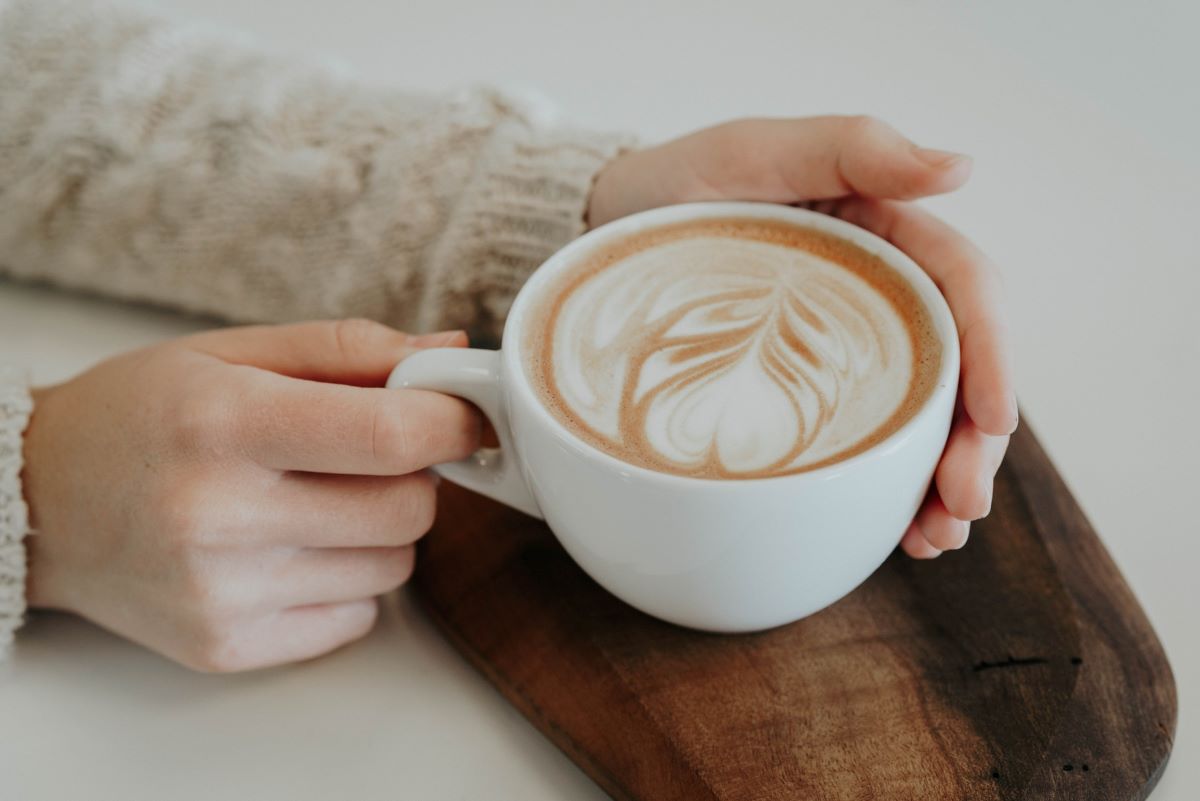Last year, after my diagnosis, I read dairy, brewer’s yeast and sugar were the primary dietary triggers of HS. Other triggers included nightshades (potatoes, peppers, spices, etc.) and there might be a lnk between hidradenitis suppurativa and caffeine. This was a caffeine addicts’ worst nightmare. I could give up anything else but not my coffee. So, like any good science student, I decided to do a small investigation.
When you research anything, you should always use reliable sources. Reliable sources are those that are written by somebody with expertise. They also can’t be edited by the general public.
When reading, you should take the evidence as it is. Some studies do not use experiments so they can’t say what the cause is. On the other hand, some blog posts may not be based on any kind of science. No source is perfect; there are flaws in all sources of information. To know what the truth is, you must consider a variety of sources together.
I searched the effect of caffeine on HS from general health sites, academic literature and anecdotal evidence. And here’s what I found out.
General Health Sites

By general medical sites, I mean, WebMD, Healthline etc. Both Healthline and Mayo clinic talk about dietary changes in HS, but neither mention caffeine. WebMD doesn’t list diet as an intervention at all.
Interestingly, according to Harvard Health Publishing, coffee may have anti-inflammatory properties. HS is an inflammatory skin disease. So that might mean your morning coffee is a help rather than a hindrance. You should note that medical sites use academic sources. But they only give you the results, not the methods and conditions. Knowing how the information is collected is essential. So based on these sites, there is no evidence for a harmful effect of caffeine. But there may be evidence of the benefit of drinking coffee.
Academic Literature

I could find no studies that had explicitly tested the effect of caffeine on HS. There was only one helpful article that I found. A 2019 review of diet and HS published in the International Journal of Dermatology. The study looked at papers about dietary changes.
Since the paper was a review, it looked at 12 articles. It evaluated the quality of the evidence for caffeine as a trigger. It also looked at the advice you get or distribute, so-called lay information. The review found that there was the only evidence in the lay information. Additionally, follicular ductal blockade, the mechanical bit of HS, is not caused by caffeine.
However, the authors did comment on the quality of the research carried out and felt it was lacking. They concluded that more research was needed. All in all, the studies tell us that there’s no academic evidence for the role of caffeine in HS.
Anecdotal Evidence

For this section, I looked at web forums and personal blogs. The forums were mixed. Some people say it helps, others say it doesn’t, and again then some don’t know yet. All the blog writers said they had heard that reducing or cutting caffeine can help.
Of those who mentioned caffeine in their personal studies, all said that it didn’t help. It’s worth noting that it was a popular topic in the blog post comments. Some commenters advised giving up caffeine. While others suggested it, though they had not tried it.
But a couple of writers made an excellent point. Lots of people take their coffee with sugar, cream and/or milk. There is evidence that sugar and dairy contribute to HS. Perhaps this is where the idea that caffeine triggers flare-ups come from.
This, like the first two types of source, also showed no evidence of harm. There was a suggestion of indirect effect. This means for you that you might need to change your coffee habits by reducing dairy and sugar. As well as that switching to sugar-free soft drinks may help. But the caffeine didn’t seem to be the problem.
The Verdict

So, good news for those of us that can’t bear the idea of losing our rejuvenating cup of coffee. But how have some people managed their flare-ups by reducing or eliminating caffeine?
Other than the fore-mentioned sugar/cream/milk factor, I have some thoughts here. The first is that if you change a few things at a time, you can’t pinpoint what helped and what didn’t.
My second thought is that it was a secondary effect. We know that caffeine can keep us up at night. And research has shown that a reduction in caffeine can improve sleep. Sleep deprivation can cause inflammation. So, it is possible that getting enough sleep helps your immune system and thus reduces flare-ups. Caffeine reduction and HS could be indirectly linked.
The Takeaway message here is that if you feel that reducing caffeine is in your body’s interest, then go ahead. And if you feel guilty for your cup of coffee, please don’t, enjoy it because you earned it.
About the Author 
Shannon Sweeney is a psychology and sociology student from Ireland. She is also living with HS and has a keen interest in lifestyle, wellbeing, and Hidradenitis Suppurativa.


